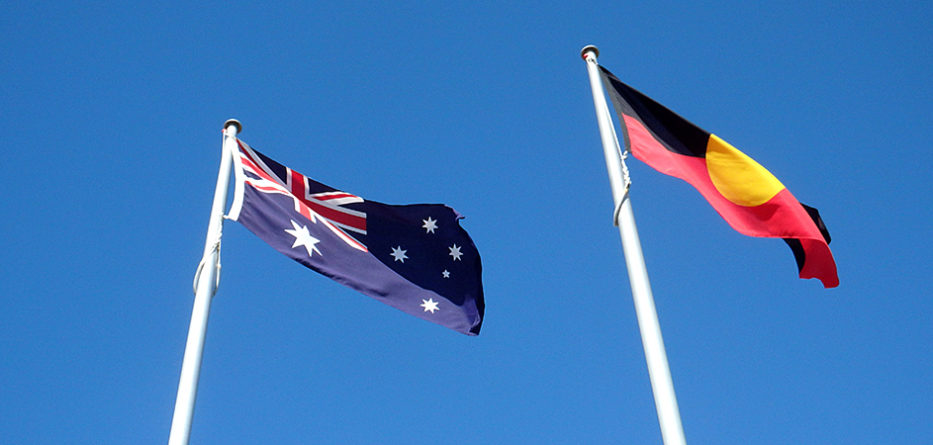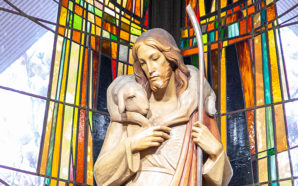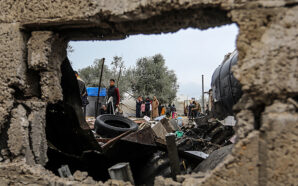13 February marks the anniversary of the National Apology to the Indigenous Peoples
15 years have now passed since the unanimous parliamentary apology to the Indigenous peoples, and especially to the Stolen Generations. It committed Australia to carry on the process of reconciliation through symbolic and practical actions. One of these was to set a range of targets in achieving equality between Indigenous and other Australians. The targets have generally not been reached.
One obvious test of progress lies in reducing the marked discrepancy between the proportion of indigenous children who are forcibly separated from their family and the proportion of the children of other Australians. Children taken from home, after all, composed the stolen generations. These numbers, of course, do not provide conclusive evidence of change. Statistics can be unreliable. Where the life and welfare of a child are threatened in their family, too, it may be in their best interests to be placed with other families. The Apology was for the indiscriminate removal of children on racial grounds independent of the quality of care they received in their own families. It did not extend to removal based on serious risk to children if left in their own homes.
That said, however, it is certain that to separate children from their family and culture has serious consequences for their development. Consequently, removal, and particularly permanent removal, must be a last resort. Government policy should always focus on addressing the reasons why children are at risk, and to help families and local communities to care for their children. Where policies adopt removal as the only or the first option, it will most likely be based on prejudices as unnoticed and as harmful as those that led to the Stolen Generations.
The 2021 Family Matters report is not reassuring. In Australia last year, over 20,500 Indigenous children – comprising 16% of all Indigenous children – were in care, separated from their families. Over 17,000 of these children were permanently separated. Less than half were placed with Indigenous carers. In comparison with the children of other Australians, Indigenous children are ten times more likely to be taken into care. Despite commitments, this gap has deepened over the last ten years. As a result, in 2020, the National Agreement on Closing the Gap set a target of reducing the discrepancy by 45% in 2031. On present trends, however, in ten years time not only will the gap grow, but the number of Indigenous children in care will rise by 54%.
There are many reasons for this appalling sacrifice of another generation of children, but the most telling statistic is that over 85% of government funding of children at risk is spent on out of family care, and only 15% on supporting communities and families to raise families well. Effectively, removing Indigenous children from the parents is the solution of choice to family dysfunction.
To address this situation, Indigenous communities must participate as partners and not the object of care in the decisions that affect them. In childcare, the emphasis must be on prevention. In a word. These processes may help reverse the paternalistic and discriminatory attitudes that have led to the disturbance to children’s lives.
Reconciliation Prayer from the National Aboriginal and Torres Strait Islander Council (www.natsicc.org.au)
Holy Father, God of Love,
You are the Creator of all things.
We acknowledge the pain and shame of our history
and the sufferings of Our peoples,
and we ask your forgiveness.
We thank you for the survival of Indigenous cultures
Our hope is in you because you gave your Son Jesus
to reconcile the world to you.
We pray for your strength and grace to forgive, accept and love one another, as you love us and forgive and accept us in the sacrifice of your Son.
Give us the courage to accept the realities of our history so that we may build a better
future for our Nation.
Teach us to respect all cultures.
Teach us to care for our land and waters.
Help us to share justly the resources of this land. Help us to bring about spiritual and social change to improve the quality of life for all groups in our communities, especially the disadvantaged.
Help young people to find true dignity and self-esteem by your Spirit.
May your power and love be the foundations on which we build our families, our communities and our Nation, through Jesus Christ our Lord.
(Wontulp Bi-Buya Indigenous Theology Working Group 13 March 1997 Brisbane, Qld).
Fr Andrew Hamilton SJ writes for Jesuit Communications and Jesuit Social Services.








